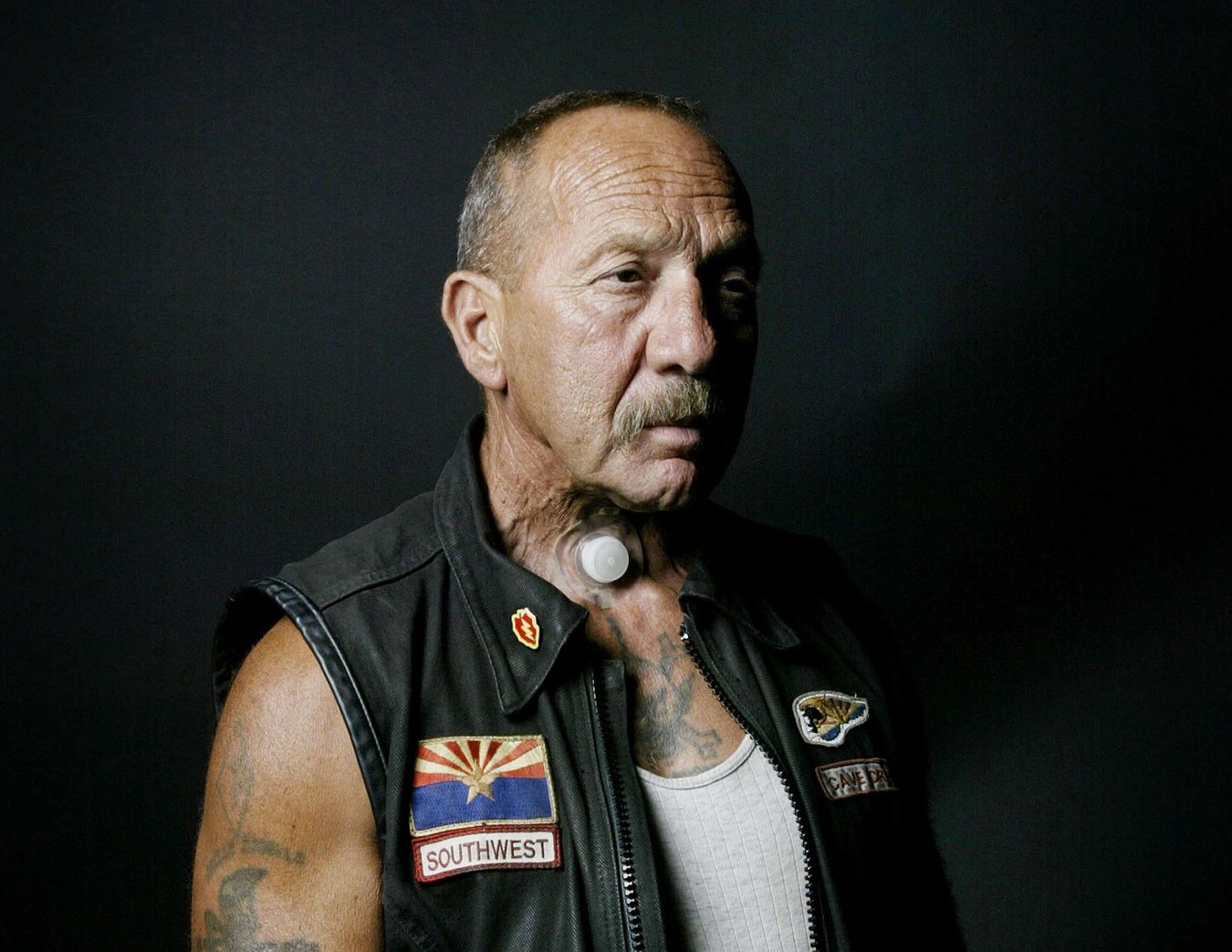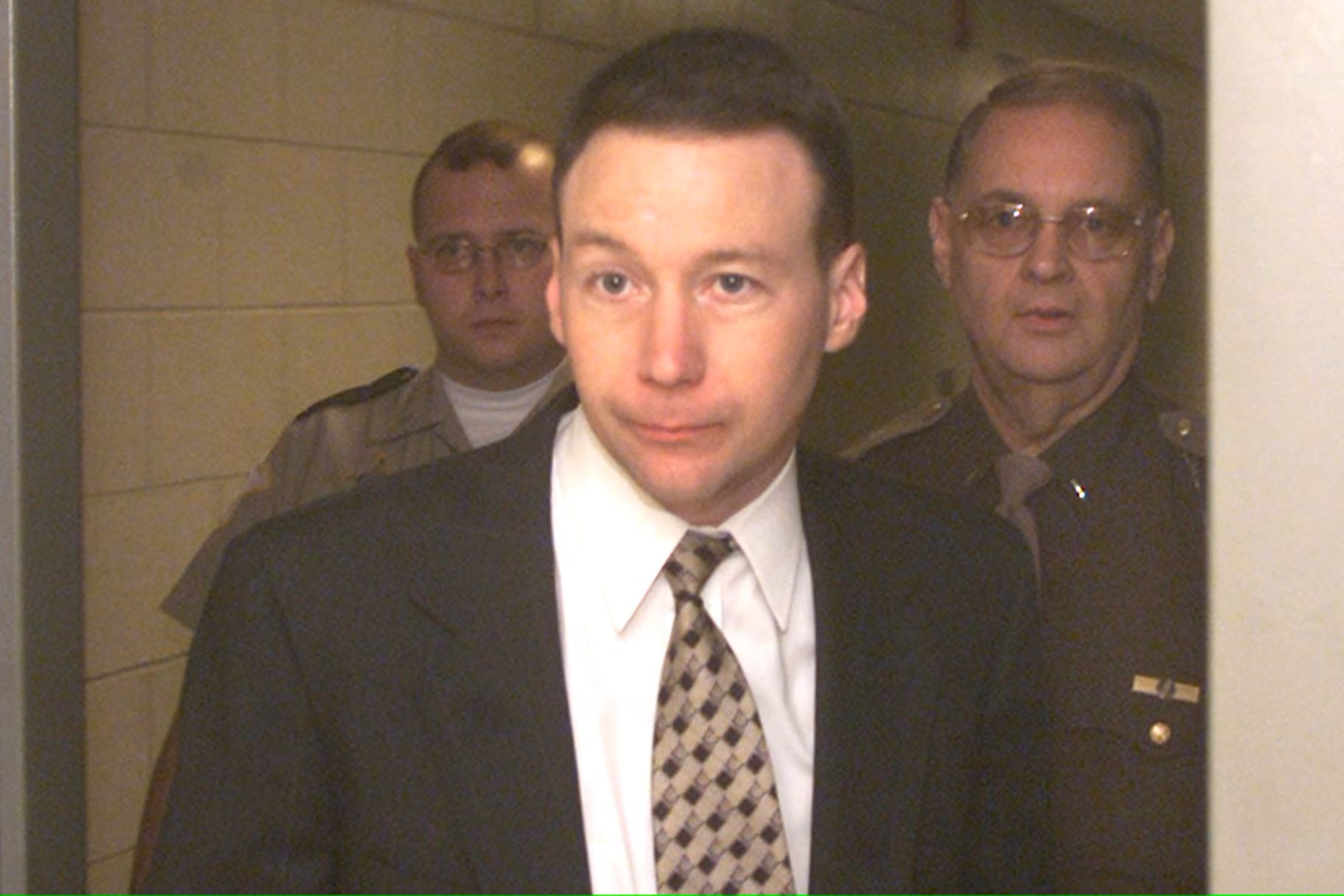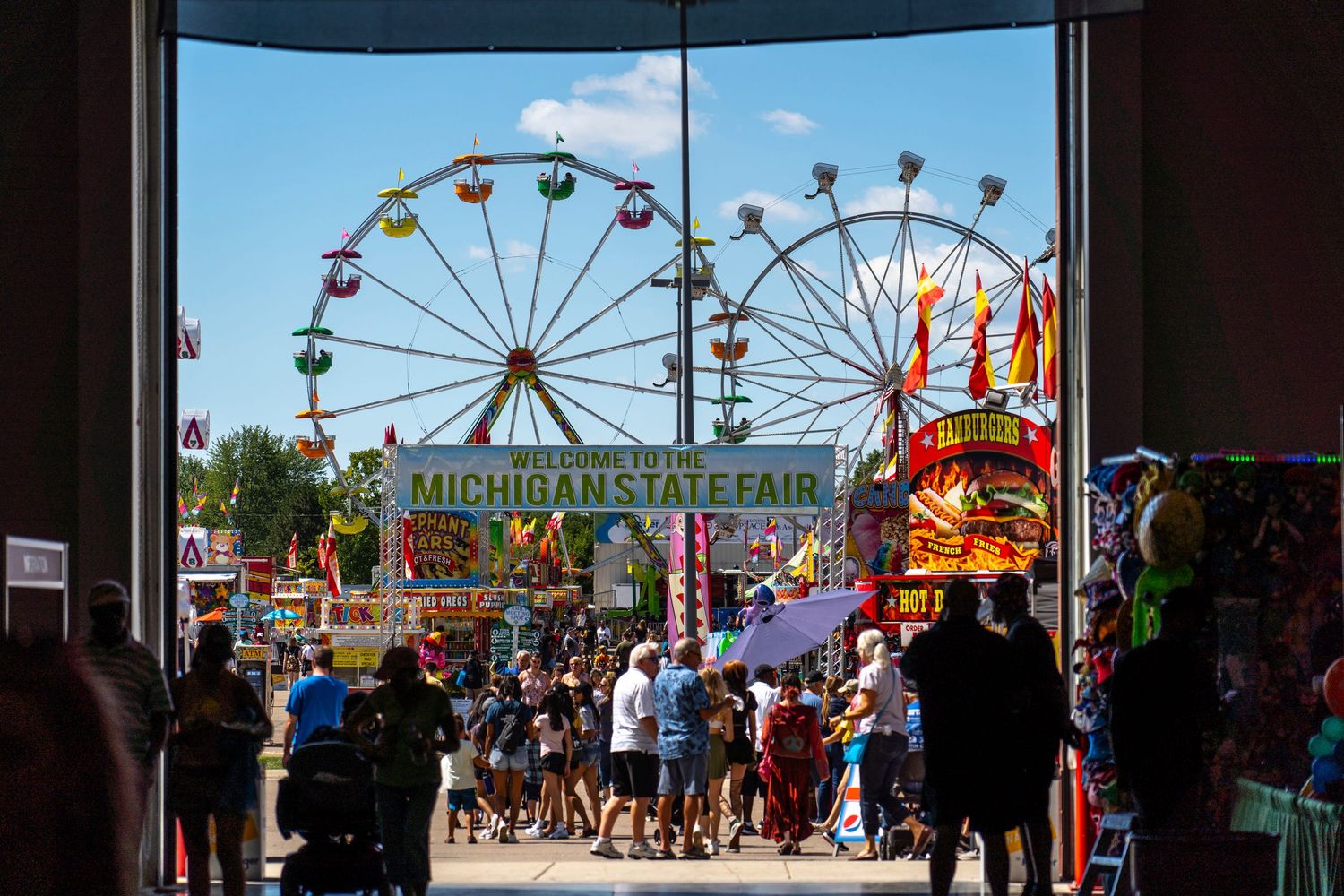
Who was Sonny Barger? Sonny Barger, born Ralph Hubert Barger Jr. on October 8, 1938, in Modesto, California, was a legendary figure in the world of outlaw motorcycle clubs. Known for his role in founding the Oakland chapter of the Hells Angels in 1957, Barger quickly became a central figure in the club's expansion and notoriety. His life was marked by a mix of rebellion, leadership, and controversy. Despite numerous legal battles and time spent in prison, Barger remained a charismatic leader and influential figure in motorcycle culture. His legacy continues to inspire and captivate those fascinated by the outlaw biker lifestyle.
Early Life and Military Service
Sonny Barger's early years were filled with challenges and pivotal moments that shaped his future.
-
Early Life: Born Ralph Hubert Barger Jr. on October 8, 1938, in Modesto, California, Sonny faced a tough start. His mother left him and his sister when he was just four months old, leaving them with their alcoholic father.
-
Education: Barger dropped out of high school in the 10th grade. He forged a birth certificate to join the U.S. Army at 16, seeking a sense of belonging and discipline.
-
Military Service: His time in the Army was short-lived. After 14 months, his deception was discovered, leading to an honorable discharge. This brief stint, however, provided him with valuable discipline.
Rise in the Hells Angels
Barger's journey with the Hells Angels began soon after his military service, marking the start of a legendary chapter in his life.
-
Joining the Hells Angels: Post-Army, Barger joined the Oakland Panthers, a motorcycle club of veterans. This experience paved the way for his entry into the Hells Angels in 1957.
-
Founding the Oakland Chapter: Alongside Don “Boots” Reeves, Barger founded the Oakland chapter of the Hells Angels in April 1957. They adopted a modified Air Force-like patch as their emblem.
-
Leadership Role: Barger quickly rose through the ranks, becoming a key figure. Hunter S. Thompson referred to him as the “Maximum Leader” in his book “Hell’s Angels”.
-
National President: Though never officially titled national president, Barger was widely seen as the Hells Angels' leader. His charisma and leadership skills unified the club.
Global Expansion and Notoriety
Under Barger's influence, the Hells Angels grew from a local club to a global phenomenon.
-
Global Expansion: Barger's leadership saw the Hells Angels expand to hundreds of chapters in at least 63 countries, symbolizing countercultural rebellion.
-
Notorious Reputation: The Hells Angels became known for mayhem, clashing with authorities and antiwar demonstrators during the Vietnam War era, leading to frequent law enforcement scrutiny.
-
Legal Battles: Barger faced numerous legal battles, including charges of drug dealing, kidnapping, and murder. He spent a total of 12 to 13 years in prison on various convictions.
Literary Contributions and Public Image
Despite his tough exterior, Barger had a softer side, reflected in his literary pursuits and public appearances.
-
Author and Writer: Barger co-authored the bestselling memoir “Hell’s Angel” and wrote several other books, including “Let’s Ride,” offering safety tips to motorcyclists.
-
Public Image: His rugged appearance, long white beard, and tattoos made him instantly recognizable, becoming iconic in biker culture.
-
Television Appearances: Barger appeared on various talk shows, showcasing his captivating storytelling abilities, making him a popular guest.
-
Literary Passion: Beyond his writings, Barger collected rare and vintage books, showcasing his intellectual curiosity.
Personal Philosophy and Regrets
Barger's personal philosophy and reflections on his past actions reveal a complex character.
-
No-Nonsense Personality: Known for his no-nonsense personality, Barger’s strong leadership earned him respect among members and fear from rivals.
-
Altamont Free Concert: Barger played a significant role in organizing the infamous Altamont Free Concert in 1969, a dark moment in music history due to violence and tragedy.
-
Assassination Attempts: His involvement with the Hells Angels and defiance of the law made him a target for rival gangs and individuals seeking revenge.
-
Regret Over Past Actions: As he aged, Barger expressed regret for some past actions and the direction the Hells Angels had taken, acknowledging the need for change.
Legacy and Personal Life
Barger's legacy continues to inspire, and his personal life reveals a man of many facets.
-
Legacy: Despite controversies, Sonny Barger remains influential in the motorcycle world, leaving an indelible mark on the biker community.
-
Personal Life: Barger lived a complex personal life with multiple marriages and a stepdaughter. He moved to the desert outside Phoenix, Arizona, after serving time in federal prison.
-
Family Man: Despite his tough exterior, Barger was a family man, living with his third wife, Noel, and his stepdaughter Sarrah.
-
Motorcycle Enthusiast: Barger remained an avid motorcycle enthusiast, riding thousands of miles each year and opening a new motorcycle shop after his release from prison.
-
Philosophy: Barger’s philosophy was simple: “I treat everyone exactly the way I want to be treated. If they treat me good, I treat them better. If they treat me bad, I treat ‘em worse.”
-
Public Perception: Barger often downplayed the club’s reputation for criminality, believing many in power committed more crimes than the Hells Angels.
Health Struggles and Final Days
Barger's later years were marked by health struggles and reflections on his life.
-
Books and Writing: Barger wrote or co-wrote several books, including the bestseller “Hell’s Angel,” providing a detailed account of his life.
-
Safety Tips: In “Let’s Ride,” Barger offered safety tips to motorcyclists, advising against riding angry, drunk, or drugged up, and being skeptical of other drivers’ turn signals.
-
Health Issues: Barger battled cancer of the larynx at 44, leaving him with an airhole in his neck and a raspy whisper. He also had a brief battle with liver cancer before his death in 2022.
-
Death Announcement: Barger announced his own death “after a brief battle with cancer” in a pre-written Facebook post, expressing gratitude for his adventurous life.
-
Funeral Service: Instead of a memorial at the Oakland Coliseum, Barger’s funeral was held at a motorsports racetrack in Stockton on September 24, 2022, with an estimated 7,000 attendees.
Cultural Impact and Reflections
Barger's influence on motorcycle culture and popular media remains significant.
-
Legacy Continues: Despite his passing, Sonny Barger’s legacy continues to inspire generations, making him an enduring figure in popular culture.
-
Counterculture Icon: Barger helped transform the Hells Angels into an icon of countercultural rebellion, influencing pop culture.
-
Media Depictions: The Hells Angels have been depicted in various media, including Hunter S. Thompson’s book “Hell’s Angels” and the TV series “Sons of Anarchy.”
-
Rivalries and Conflicts: The Hells Angels were involved in numerous conflicts with rival motorcycle clubs, leading to violence and legal repercussions.
-
Peace Initiatives: Barger organized a peace conference in the Arizona desert following the Laughlin River Run riot in 2002, though it was canceled due to escalating tensions.
-
Public Image vs. Reality: Barger’s public image often contrasted with his life, portraying himself as a family man while being involved in criminal activities.
-
Autobiography: Barger’s autobiography, co-written with Keith and Kent Zimmerman, provides a detailed account of his life and legal troubles.
-
Motorcycle Culture: Barger was deeply involved in motorcycle culture, advocating for safety and responsible riding practices in his book “Let’s Ride.”
-
Cultural Impact: The Hells Angels, under Barger’s leadership, had a significant cultural impact, becoming symbols of rebellion and nonconformity.
-
Personal Reflections: In later years, Barger reflected on his choices, expressing regret for some actions and the direction the Hells Angels had taken.
-
Enduring Fascination: Sonny Barger’s life and legacy continue to fascinate people, making him an iconic figure in popular culture.
The Legacy of Sonny Barger
Sonny Barger’s life was a wild ride filled with rebellion, leadership, and controversy. From his early days in an unstable family to founding the Oakland chapter of the Hells Angels, Barger became a symbol of countercultural rebellion. His charisma and leadership skills helped the club expand globally, making it a household name. Despite numerous legal battles and time in prison, Barger remained an influential figure in motorcycle culture. His writings, including the bestselling memoir “Hell’s Angel,” offered a glimpse into his complex life. Even in his later years, Barger continued to ride and advocate for motorcycle safety. His passing in 2022 marked the end of an era, but his legacy lives on. Barger’s story is one of resilience, adventure, and the enduring appeal of the outlaw-biker lifestyle. His impact on popular culture and the biker community remains undeniable.
Was this page helpful?
Our commitment to delivering trustworthy and engaging content is at the heart of what we do. Each fact on our site is contributed by real users like you, bringing a wealth of diverse insights and information. To ensure the highest standards of accuracy and reliability, our dedicated editors meticulously review each submission. This process guarantees that the facts we share are not only fascinating but also credible. Trust in our commitment to quality and authenticity as you explore and learn with us.


